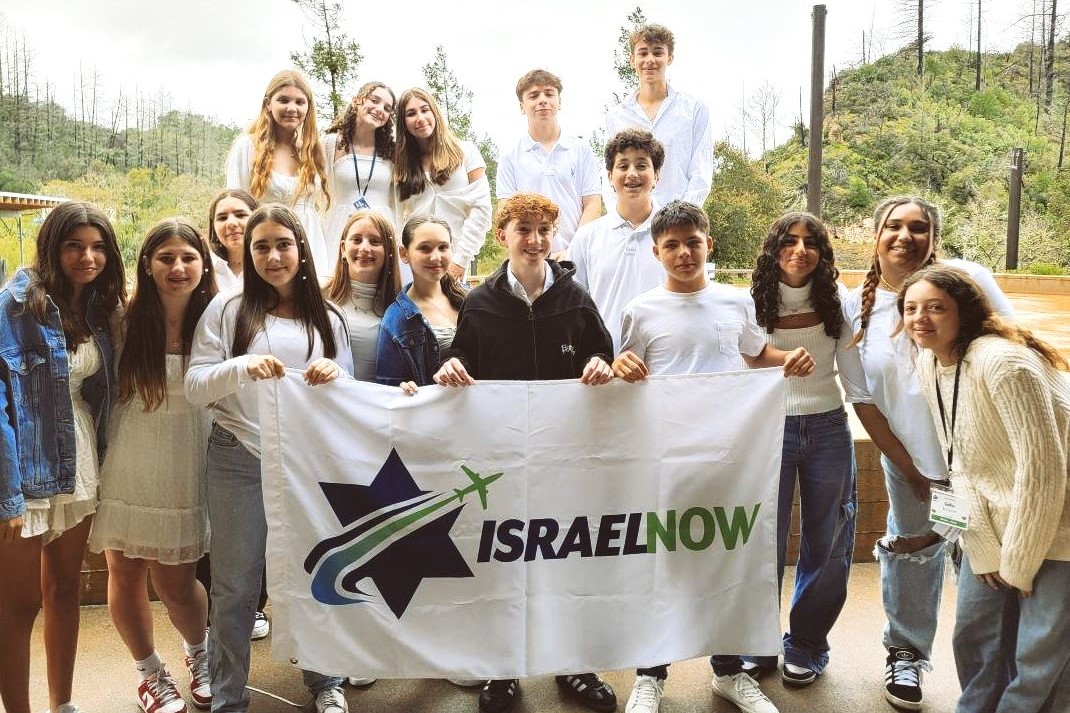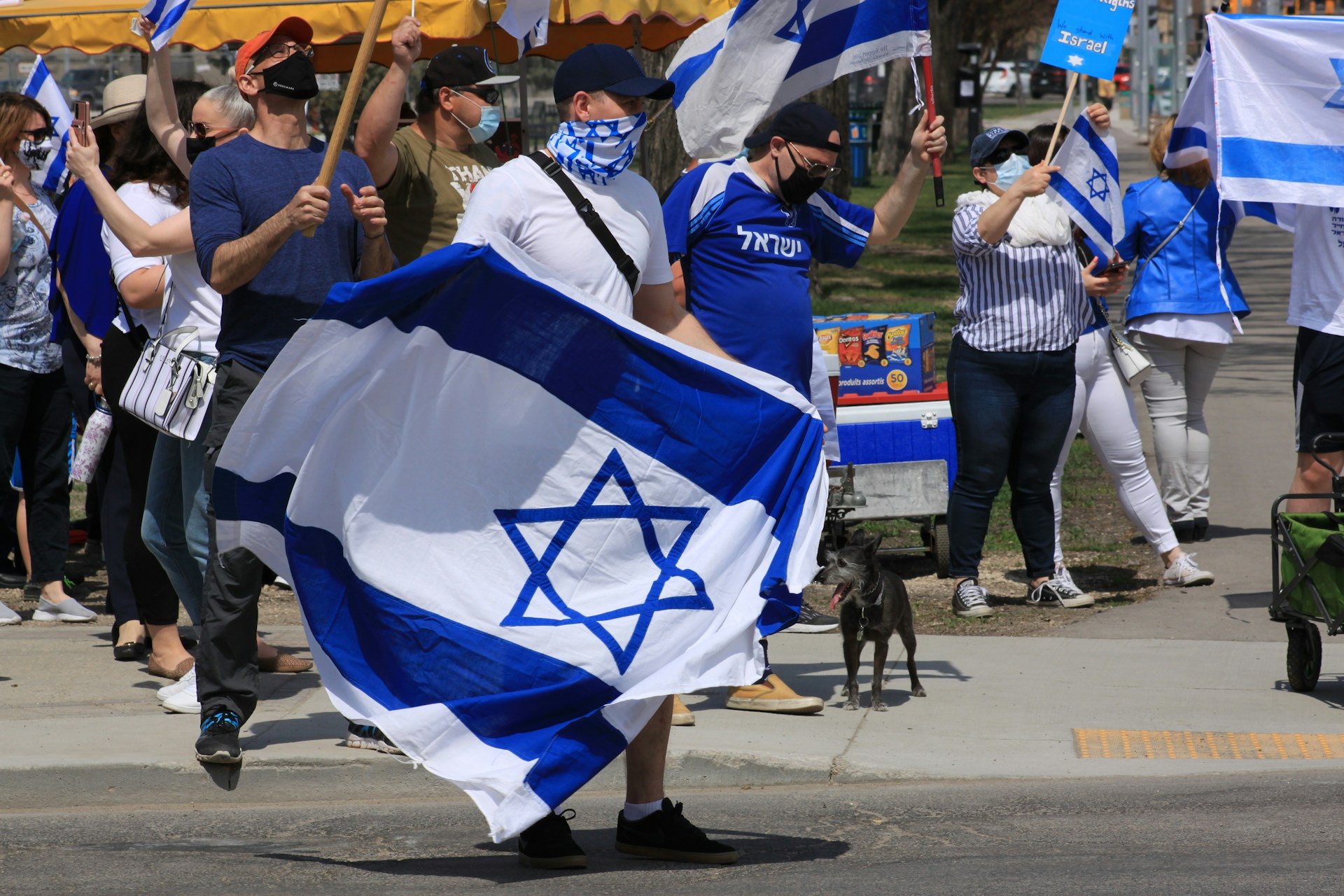Slavery: Inside and Out

This Dvar Torah about Pesach was written by CAJE Adult Learning faculty member, Rabbi Eli Hochner, who studied in a variety of yeshivot and received his rabbinical ordination from Rabbi Yitzhak Schechter in Israel. For over 35 years, he has taught a variety of Jewish courses to hundreds of students and brings a deep spiritual perspective to everything he teaches.

Photo by Christopher Sardegna on Unsplash
One of the more challenging questions about the seder - How do we make it relevant today?
Here is one suggestion. Let’s start by discussing a well-known statement found in the Haggadah: “In every generation a person is required to see oneself as if he personally went out of Egypt.”
How is it possible to do this? And why is this necessary?
One possible explanation: immediately following Mah Nishtanah (the Four Questions), the Haggadah continues with “We were slaves to Pharaoh in Egypt...”
By mentioning both Pharaoh and Egypt, the Haggadah wants us to understand a very important aspect of the slavery that the Children of Israel experienced in Egypt-- one defined by the Hebrew name of the country they were enslaved in, i.e., Mitzrayim, and expressed by the name for its leader, Paro.
Mitzrayim means captivity and restriction; Egypt was an oppressive society. The word Paro (Pharoah) means wild and unrestricted (as in Exodus 32:25).
One refers to a type of slavery imposed from the outside; the other one from within.
One manifests itself in the work that is demanded and the lack of liberties; the other one, due to the lack of balance, direction and self-control, stifles the ability of the individual to grow and achieve their true potential.
We find the blessing that is recited just before the second cup, while expressing our gratitude to the Almighty for our freedom, that we thank G-d for “our redemption and the liberation of our souls.”
This dual expression of gratitude is made in recognition of these two aspects of true freedom: redemption from the oppressive Egyptian society and liberation of our souls by providing us with a set of values, ideals and purpose that give us direction and life, thus enabling us to actualize our potential as individuals.
Perhaps now we can understand what the Haggadah means by “In every generation a person is required to see oneself as if he personally went out of Egypt.”
True, the slavery of Egypt is relegated to the distant past, but the struggle against those social, emotional aspects that inhibit us are very much extant in the present.
Peer pressure, expectations, narcissism, obsessions with all kinds of things, poor self-esteem, and the like are serious detriments to our ability to actualize our potential.
Seen in this light, the story of the Exodus and the search for true freedom is a most important aspect of our lives.
Wishing you a Hag Kasher v’Sameah!
Shabbat Shalom




